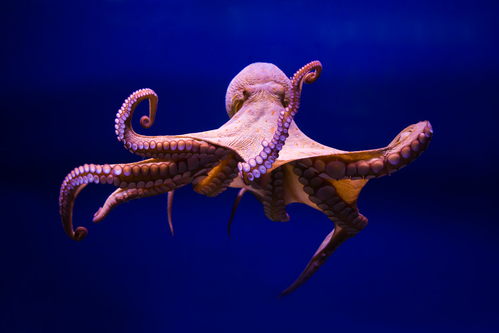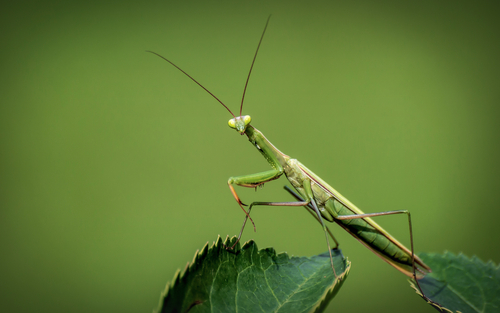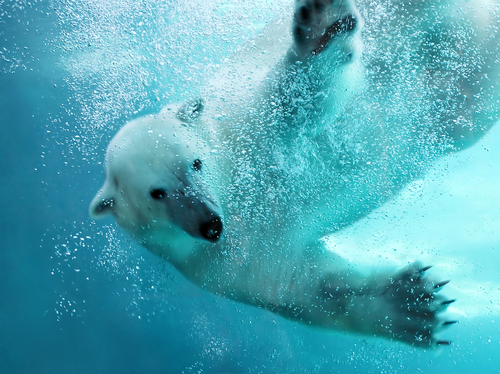
The animal kingdom is rife with extraordinary sensory abilities far beyond human perception, a stark reminder of nature’s ingenuity. From the platypus’ unique electroreception to bats’ echolocation mastery, myriad creatures have developed sophisticated mechanisms to navigate, hunt, and survive in a world that appears vastly different to each species.

Recent research shines light on these phenomena, emphasizing how every creature is confined within its own sensory bubble, perceiving merely a fraction of the immense world we all inhabit.

Among the pantheon of these sensory titans, the African bush elephant stands out with its unmatched olfactory prowess, boasting 2000 powerful smell sensors that dwarf the capabilities of both humans and famed scent trackers like dogs.

With an astonishing 1948 smell genes, elephants can detect odors at incredible distances, aiding in their survival in the vast savannas of Africa. This superior sense of smell is further exemplified by creatures like the jewel beetle, which can detect burning trees from miles away, a vital skill for the species’ propagation.

The platypus boasts a bill lined with sensors capable of detecting the faint electrical fields generated by prey, enabling it to hunt with precision in the murky depths of Australian waterways. Meanwhile, bats navigate the darkness with such finesse using echolocation that it calls into question the very need for vision in their nocturnal hunts.

Underwater, the octopus exhibits a remarkable sense of sight with its polarized vision, allowing it to perceive subtle changes in light and shadow, making the deep sea a hunting ground rather than a place of darkness.

And in the realm of taste, catfish reign supreme, with their bodies hosting an astounding number of taste receptors that not only sense but also locate food in the aquatic environment.

Even more intriguing is the mantis shrimp, with its complex visual system containing 16 types of photoreceptors, allowing it to perceive a spectrum of light that is unfathomable to human eyes.

Such abilities challenge our understanding of perception and illuminate the vast array of adaptive strategies employed by various species.

The perceptual abilities of animals don’t just confound the human imagination; they also open doors to technological innovations. Scientists and inventors have long been inspired by the animal world, creating devices that extend our sensory reach beyond natural limitations.

From medical diagnostics to environmental monitoring, the emulation of animal sensors has the potential to revolutionize how humans interact with and understand their surroundings.

These awe-inspiring adaptations are not solely fascinating biological facts but also carry profound implications for empathy and conservation.
